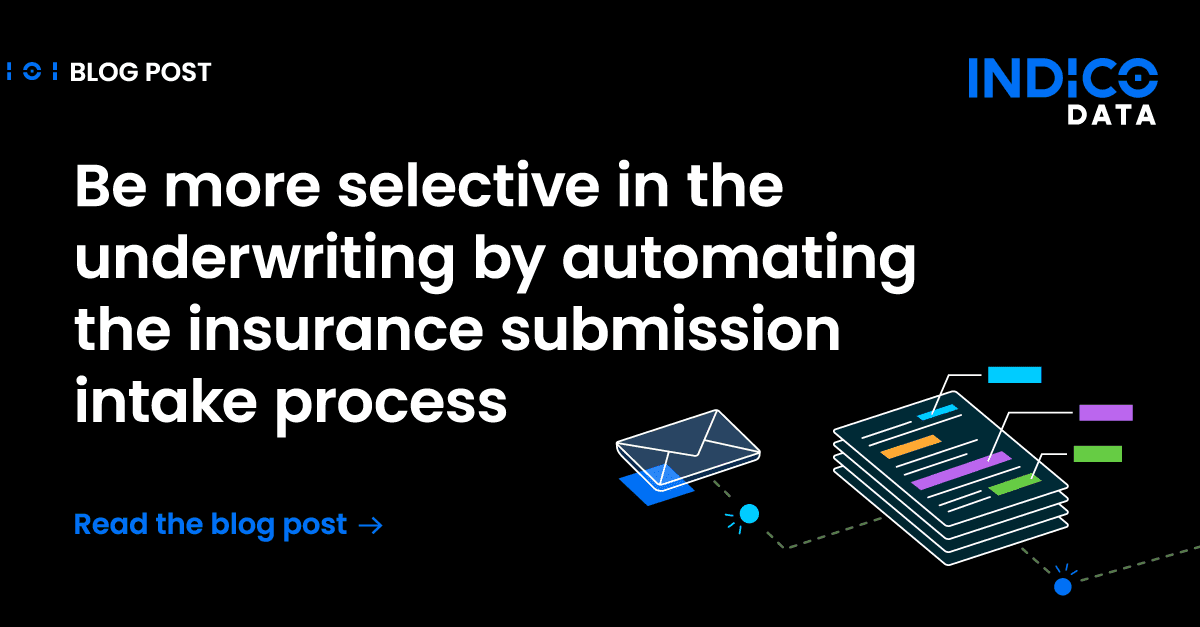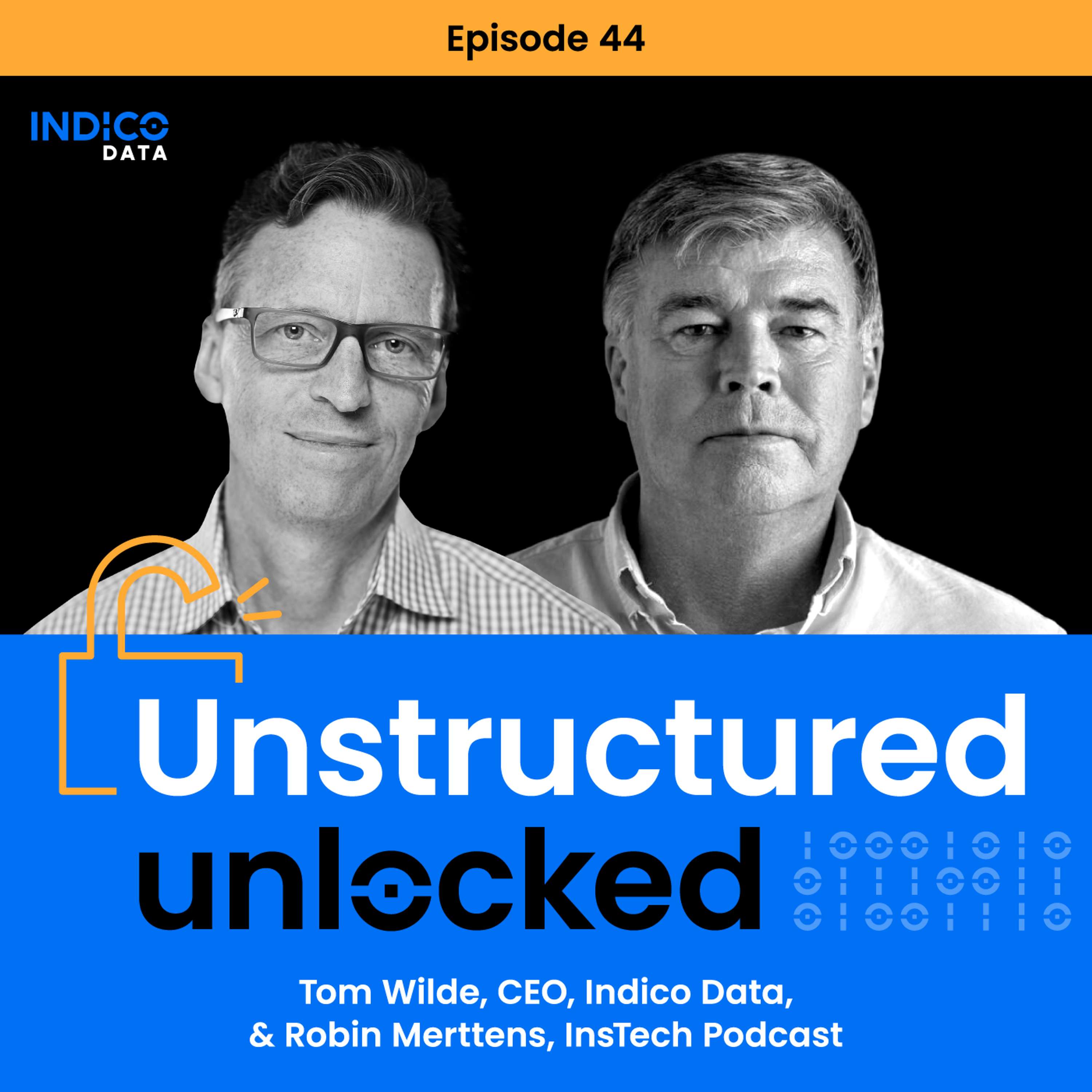In talking to customers about the return-on-investment they can expect from intelligent document processing, many believe it comes only from straight-through processing (STP), where a process is completely automated end-to-end. In practice, it’s the rare use case that can achieve full STP, but every intelligent automation use case still delivers ROI by accelerating the process in question.
The term STP is most closely associated with financial services and banking automation solutions, where it has been achieved for years, mainly through the Automated Clearing House (ACH). In the U.S., ACH automates transactions having to do with consumer bills, payroll, direct deposit, tax payments and refunds, and more. The Society for Worldwide Interbank Financial Telecommunications (SWIFT) system does much the same on an international basis.
Investopedia calls ACH and SWIFT “groundbreaking introductions that changed the capabilities for banks and also created a vast array of opportunities for financial technology platforms.” “Most all electronic payment processing is considered STP,” Investopedia says, because they eliminate the need for instructions to be entered manually.
ACH and SWIFT are indeed good examples of STP and deliver unquestionable value. But these days, such financial transactions don’t involve documents. Instead, someone enters a transaction, be it a trade or funds transfer, and it kicks off the fully automated process.
STP is not the only goal
Processes involving documents, particularly unstructured data, introduce more complexity. Now the intelligent automation tool has to be able to “read” or digest each document, and understand what data needs to be extracted and input into a downstream tool that completes the process. Whether straight-through processing can be achieved depends entirely on the number, type and complexity of the documents involved in any given process.
For some simple use cases, such as automating invoice processing when it involves only a handful of companies each month, STP may be an achievable goal. Other applications may be more complicated, involving numerous documents of many different types.
Consider the insurance claims process, for example. A claim may include an adjuster’s handwritten notes, PDFs of invoices from body shops and mechanics, photos, police reports and more. A good intelligent document processing tool will be able to provide insurance claims automation by extracting relevant information from all of these documents.
It’s likely a human will need to be involved at some point to verify that all the data looks correct before making a decision on a payment. But by automating much of the document intake, you’re greatly accelerating the claims process – perhaps by 50% to 75% or more. Just because you’re not reaching 100%, as STP suggests, doesn’t mean you’re not getting a significant ROI.
Process acceleration delivers ROI
Rather than focusing solely on STP, think about the idea of acceleration. If you can reduce the amount of human interaction with the documents involved a process by even 10% or 20%, there’s ROI in that because those employees are now freed up for other, probably more valuable work.
Imagine a document-intensive process involves 10 employees who each make $50,000 per year, or $500,000 altogether. Just to keep the numbers round, let’s say this group performs 500,000 tasks per year dedicated to a document-intensive process, which comes out to $1 per task. The process involves reading the documents, extracting data and entering it into a downstream system. If an intelligent document processing tool can automate 50% of those tasks, you’ll save $250,000. Or, probably more accurately, you’ll have freed up $250,000-worth of employee time to dedicate to other tasks. At the same time, you’re improving the speed and accuracy of the process that you’ve partially automated. That’s acceleration – and it delivers ROI.
So, don’t get hung up on the concept of straight-through processing when it comes to intelligent document processing. You may achieve it on occasion, but more often you’ll find you’re accelerating document processing, freeing up employee time and, yes, delivering significant ROI.
MetLife is a prime example. It expects save $100 million over 5 years by using the Indico Intelligent Process Automation platform to automate tasks now performed by humans. To learn more, click here to view our conversation with Sean Nicollelo, MetLife’s VP of Intelligent Automation.
And by all means feel free to contact us if you have any questions or would like to arrange a free demo.





